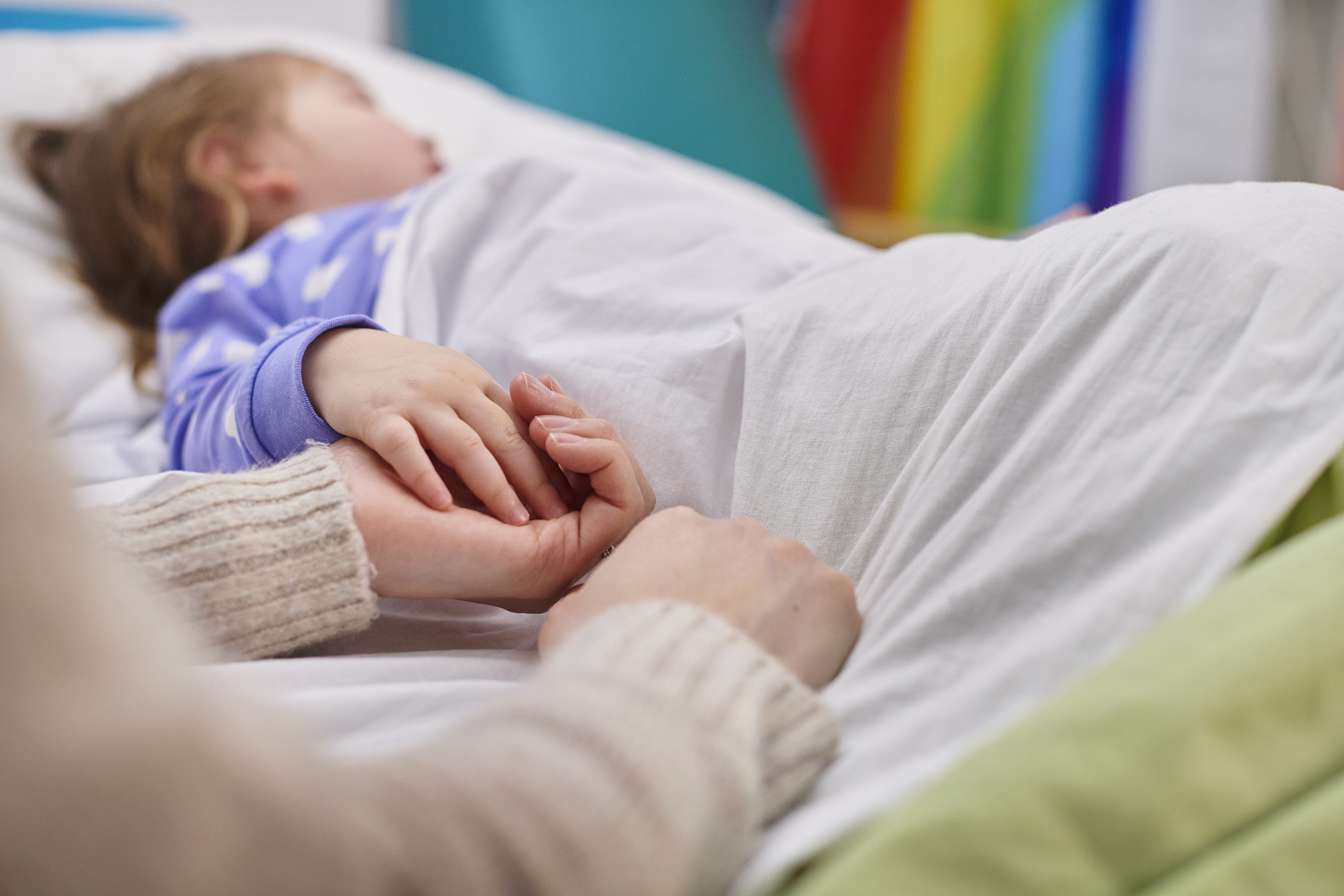The Bulgarian parliament has approved a new law providing free medication for children under seven, including antibiotics and treatments for acute viral infections. This move, driven by strong advocacy from child health NGOs, aims to reduce hospitalisations and ease the financial burden on families—who currently spend an average of €280 annually per child on medicines.
Under the law, the state will cover only the most affordable drug options; parents opting for costlier alternatives will pay the difference. Civil society groups argue this is a cost-effective strategy, noting that preventive care can reduce chronic illness and public health costs in the long term.
Bulgaria ranks last in the EU for child health outcomes, including high neonatal mortality and hospitalisation rates. With one in four children living in poverty, the government hopes the policy will increase equity in access to healthcare. However, experts are also calling for investment in preventive measures such as free flu vaccinations for children, currently available only for those over 65.
The debate around broader immunisation programmes is expected to grow, especially as local authorities begin backing regional campaigns for free vaccines.


